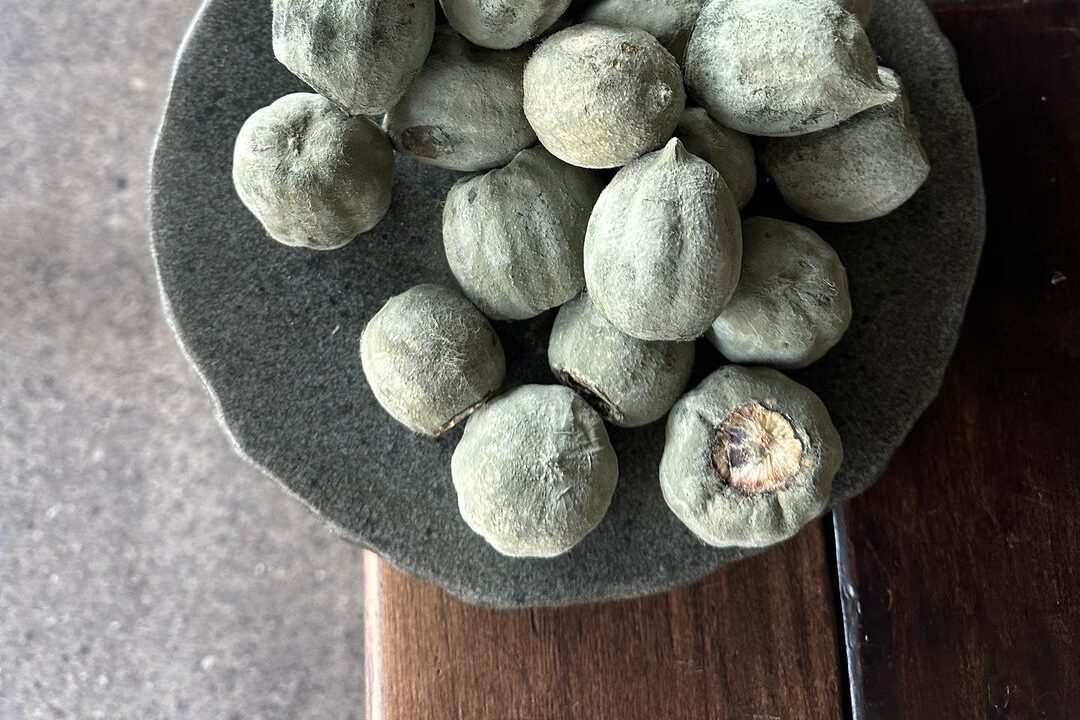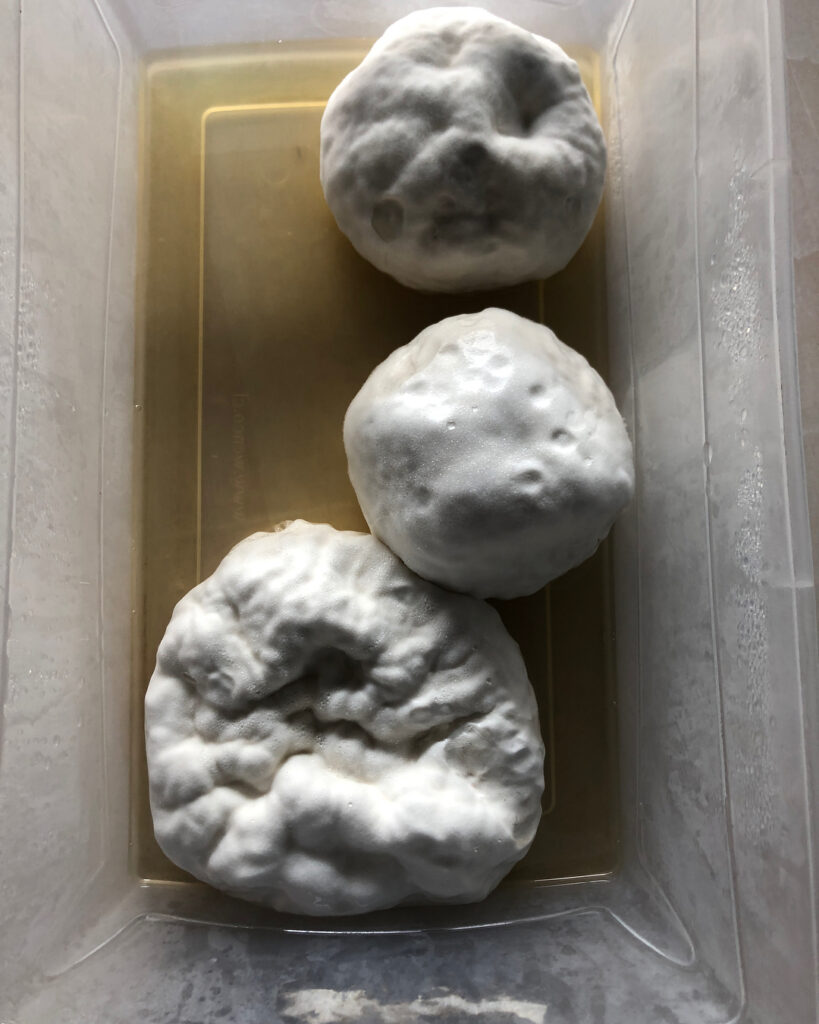
The Science Behind Aging Fruits and Vegetables
Have you ever purchased unripe fruit or vegetables, only to have them go bad before they have a chance to ripen? Or maybe you’ve noticed that some fruits and vegetables seem to taste better after they’ve been sitting on the counter for a few days. These changes in texture and flavor are the result of a natural process known as aging, which occurs as fruits and vegetables continue to ripen and mature.

The Science of Aging
The process of aging fruits and vegetables is driven by a variety of factors, including enzymes, hormones, and environmental conditions. When a fruit or vegetable is first harvested, it contains high levels of starches and acids, which give it a hard texture and a tart or bitter flavor. Over time, however, enzymes in the fruit or vegetable begin to break down these starches and acids into simpler sugars, which makes the fruit or vegetable softer and sweeter.
Another key factor in the aging process is the presence of plant hormones, such as ethylene.Many fruits and vegetables, including apples, bananas, and tomatoes, naturally produce a gas called ethylene. Exposure to ethylene triggers a series of chemical reactions that accelerate the ripening of the fruit or vegetable.
Environmental conditions also play a role in the aging process. Fruits and vegetables stored at room temperature generally ripen more quickly than those stored in a cooler environment. This is because the enzymes that drive the ripening process are more active at higher temperatures. Moreover, light exposure can influence the ripening process, which is why many fruits and vegetables are stored in dark or opaque containers.


The Benefits of Aging
While the aging process can sometimes lead to overripe or spoiled produce, it also has a number of benefits. Aging can enhance the flavor of many fruits and vegetables. It achieves this by breaking down starches and acids into sweeter, more palatable sugars. This effect is especially notable in fruits like bananas and avocados. People often buy these fruits while they are still unripe and then allow them to age at home.
Aging can also make some fruits and vegetables easier to digest.The enzymes responsible for breaking down starches and acids into sugars also break down complex carbohydrates. This process makes them easier for the body to process. Furthermore, some studies suggest that aging certain fruits and vegetables can increase their antioxidant content. This, in turn, can offer a variety of health benefits.

Tips for Aging Fruits and Vegetables
If you’re interested in aging fruits and vegetables at home, consider a few important factors. First, it’s important to start with high-quality produce that is free from any visible signs of damage or spoilage. Second, it’s important to store your produce in the right conditions, which may vary depending on the type of fruit or vegetable you’re working with. In general, however, it’s best to store most fruits and vegetables at room temperature in a dark or opaque container.
Finally, it’s important to be patient when aging your produce. While some fruits and vegetables, like bananas and avocados, can ripen in just a few days, others may take weeks or even months to reach their peak ripeness. By understanding the science behind aging fruits and vegetables, and taking the time to properly age your produce, you can unlock new levels of flavor and nutrition in your favorite fruits and vegetables.









Post a comment